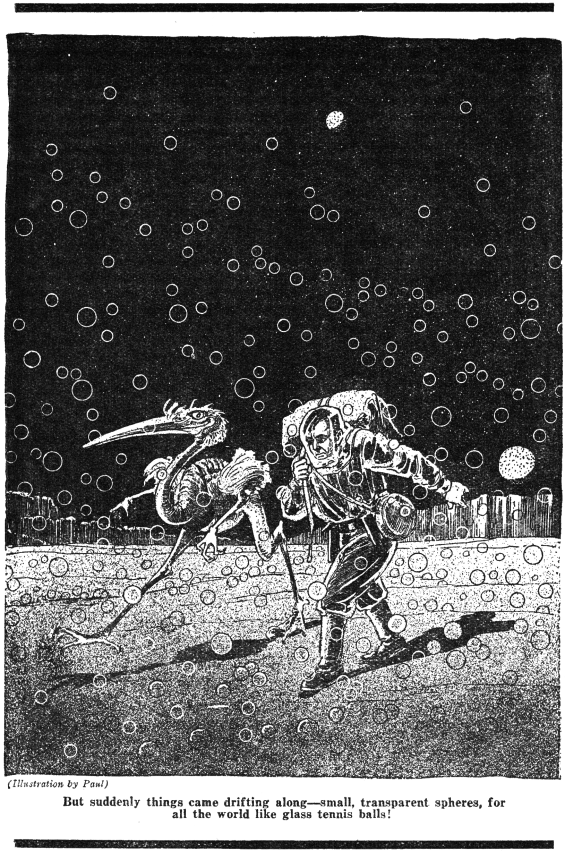

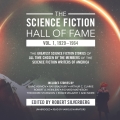 The SFFaudio Podcast #489 – The Roads Must Roll by Robert A. Heinlein; read by L.J. Ganser. This is an unabridged reading of the novelette (1 hour, 33 minutes) followed by a discussion of the Blackstone Audio audiobook of The Science Fiction Hall of Fame, Volume One, 1929-1964 and The Roads Must Roll.
The SFFaudio Podcast #489 – The Roads Must Roll by Robert A. Heinlein; read by L.J. Ganser. This is an unabridged reading of the novelette (1 hour, 33 minutes) followed by a discussion of the Blackstone Audio audiobook of The Science Fiction Hall of Fame, Volume One, 1929-1964 and The Roads Must Roll.
Participants in the discussion include Jesse, Scott, Paul Weimer, and Marissa Vu
Talked about on today’s show:
The Science Fiction Hall Of Fame, Volume I, the mid-1980s, this one looks really long, a good exercise, reviewing collections, summarizing stories, quick opinion, get the audiobook and dole them out very gently, Microcosmic God, disgusting to rush, the audiobook is fantastic, superior, so good, one caveat, songs, tunes, Fondly Fahrenheit may be the greatest science fiction ever written, Cold Equations is important, Alfred Bester, tension apprehension and dissension have begun, reet in the heat, missing tunes, X-Minus One, cheery and cool, Oliver Wyman, Scanners Live In Vain, the cranch voice, if you had to narrate which story would you pick?, all so different all so good, Paul would go with Coming Attraction, that sad mournful ending, New York, tugging at Paul’s heart, the mangled Empire State Building, the girl is playing him, Paul could bring that pain, such male author stories, Stanley Weinbaum’s A Martian Odyssey, Judith Merril, The Quest For Saint Aquin by Anthony Boucher, very Catholic, the pope keeps his ring in his shoe, apostolic, the filth encrusted wooden table, robass – a robot donkey, jeep, The Huddling Place, Clifford D. Simak, no conflict in his stories, the guy needs to leave his house, the stakes are big, caught by Simak, The Goblin Reservation, so relatable, too late, sort of a metaphor for life right now, conversations about which stories to read, this is great!, science fiction stories can resonate even stronger later on than when they were published, 1944, all about today, all his friends are elsewhere, bullshit at the airport and the border, stay home in my mansion, the horrors of bureaucratic awfulness, hotel food, you fight to travel, the shore I know, a traveling armchair, The Caves Of Steel by Isaac Asimov, agoraphobia, where Asimov read Simak, City, we need a narrator for The Trouble With Ants by Clifford D. Simak, future history, the rise of the dogs, Jesse would narrate Born Of Man And Woman by Richard Matheson, not my life experience, Marissa gets it now, Jesse’s Roof Bear friends, ESL/EAL, making acronyms, drawing little pictures, bare means naked, a bare roof has no bear, Cellar Feller, a green monster chained to the wall of the basement, unchained the monster, told from the monster’s point of view, Flowers For Algernon, “Screen Stars”, you have to infer so much, a simple and thoughtful POV, it has niceness inside of it, after yet another beating, That Only A Mother, the horrors of mutation, The Crawlers, The Golden Man, Philip K. Dick, radiation, E.E. Doc Smith, Them! (1954), giant ants, the psychic wound of nuking cities, the white guys do science fiction anthology, sameness in assumed viewpoint, plenty of SF women writers, James Nichol, Nebula award folks (SFWA writers), introductions, a terrible introduction for telling you about the stories, one decision of editors, novelists and co-writers, switching over to weird fiction, ‘women had to hide their identities behind male pseudonyms’, weird fiction authors, science fiction poetry and novels are well represented, one and half women, Nightfall is a dud because it is long and it doesn’t need to be, it needs to be read, writing to an image and a final scene, slow buildup, that final realization, fear vs. wonder, the celestial mechanics don’t really work, a wondrous image, that religious or anti-religious thing, who are we arguing with, the writers from 1970, The Country Of The Kind by Damon Knight, Arena by Fredric Brown, Tishiro Mifune vs. Lee Marvin (Hell In The Pacific), where is Philip K. Dick?, Little Black Bag by C.M. Kornbluth, The Marching Morons, terrible but interesting, The Cold Equations by Tom Godwin, an important story, a rage inducing story, the most influential science fiction story ever written?, responses to it, very H.G. Wells in its execution of thought, clean and pure vs clunky and arbitrary, character is really not very important in science fiction, western genre, baseball magazines, railroad magazines, True Detective, those are all dead and gone, they’re not full of idea, the universe doesn’t care about you, you are mistaken sir, designed by committee, John W. Campbell, the story that it is, the story we needed, take a spacewalk, fascinating, pure poetry, Ray Bradbury, Roger Zelazny, serviceable, all about the idea, The Nine Billion Names Of God, beautifully executed and a mindblower, The Star, was it right for God to destroy a whole civilization just to get a baby Jesus, Microcosmic God by Theodore Sturgeon, More Than Human, Some Of Your Blood, Venus Plus X, the Frankenstein story retold, the definite mad scientist story, Sandkings by George R.R. Martin, in dialogue, massive differences, Kidder, ideas vs. entertainment, Dragon’s Egg by Robert L. Forward, incredibly well written, Sturgeon’s style, that Heinleinian feel, First Contact by Murray Leinster, Star Trek, a view of the 20th century, feeling futuristic still, visiplates, when flatscreens first came out, visiplates everywhere, mirrors out the visiplates, the Apollo program had mirrors, A Martian Odyssey by Stanley G. Weinbaum, a story of The Martian by Andy Weir, a great description, a bird monster alien being eaten by a cthulhu creature, Tweel, better aliens than any aliens, language, a United Nations of accents, a classic of Science Fiction, laying the groundwork for later SF, the entirety of John W. Campbell’s theory, Jack Vance, really good story, delightfully light and fun and thought provoking, impossible, funny and tragic in so many little moments, Twilight by John W. Campbell, a hitchhiking time traveller, light and breezy and old fashioned sexist?, Helen O’Loy by Lester Del Rey is a satire, out of context, its beautiful, she kills herself, true love, porn addiction, it feels very modern, very influential, The Stepford Wives, Ex Machina, Fondly Fahrenheit, The Weapon Shop by A.E. Van Vogt, PKD became obsessed with A.E. Van Vogt, the Null stories, The Voyage Of The Space Beagle, the alien from Alien, Slan, a very good reading, the arbitrary weirdness that happens and the small businessman, how you feel when you’re reading a PKD book, community, migrating to another planet, somebody gets me!, these are the rules now, no boobs, sentient nipples, nobody cheating on his wife, Rudyard Kipling really influenced Heinlein, The Seesaw, Mimsy Were The Borogroves by Henry Kuttner and C.L. Moore, creepy weird SF, Alice In Wonderland, Kuttner’s radical viewpoint, C.L. Moore’s style and image, Zero Hour by Ray Bradbury, Reading, Short And Deep, very pairable, Vintage Season, like a business, making a living together, our Scanners Live In Vain show, the best Martian Chronicles story, There Will Come Soft Rains, The Million Year Picnic, Usher II, Kornlbuth was snarky or amazing, Surface Tension by James Blish, pantropic series, a Joseph Smith and the golden plates going on, using their gametes, they won’t remember us, untarnishable, a few microns, a science fiction story about sea monkeys, rocket technology, a whole funny cute little thing, Stephen Baxter’s Flux, Adrian Tchaikovsky’s The Expert System’s Brother, Jerome Bixby’s A Good Life, The Twilight Zone episode, Daniel Keyes, the shorter version is better, adapted many times, an emotional trainwreck, Ted Chiang’s Understand, Beggars In Spain by Nancy Kress, exploring the consequences of giving superhuman abilities, developmental disabilities, mocked by the people at the bakery, if you just become a libertarian…, the Ayn Rand version of this story, The Country Of The Kind is in dialogue with The Country Of The Blind by H.G. Wells, there’s no such thing as vision, a horror story about an evil man, Alfred Bester’s The Roller-Coaster, Robert Silverberg’s Passengers, putting avatars through hell for your own amusement, once the people in your VR worlds are smart enough to feel real, the pleasure-pain syndrome is not available in this unit, A Rose For Ecclesiastes by Roger Zelazny, Mars getting smaller and smaller, strong religious themes, Lord Of Light, a Hindu thing going on, an Amber fan, when he uses his kung-fu, smoking, “Mr Gee, piped Morton.”, why was this Heinlein story chosen, it’s a representative story, Gentlemen, Be Seated, a character who knows things taking someone around and giving him a tour, social stuff, a rebellion of labour against “the Man”, functionalism, how important a position is to economics, a real phenomenon, a real paper from 1930, a certain kind of philosophy, Douglas-Martin screens, the mid-sixties, The Man Who Sold The Moon, cars are not a really great idea, how are we going to recover from it?, the rise of suburbia, the depletion of inner cities, urban sprawl, cars are going to kill us, what are the social implications, going for big ideas, a labour intensive technology, he works it out in such detail, we should all expect rockets to the Moon, ancient journeys to the Moon, what about slidewalks, airports have them, a conveyor belt that pulls people along, castles in the sky but in science fiction, I have this vision of the United States remade, how would all this work, the union that runs this machine, a militarized union, a fascinating exploration of Science Fiction that proves the point Scott is making, here’s an idea – what would it mean, some guy from Australia, Airplane! (1980), it all comes to nothing (except its amazing), a weird strain of science fiction, look at what people can do, grand ideas to solve upcoming problems, the law of unintended consequences, who are putting you life in the hands of, so different physically, the internet cables, shutting the internet off for 8 hours, when Wikipedia shutdown, the screen is black, so many people are affected, why is my website not working?, when Ronald Regan broke the air traffic controller’s union, if you accept the basic premise,
The fictional social movement he calls functionalism (which is unrelated to the real-life sociological theory of the same name), advances the idea that one’s status and level of material reward in a society must and should depend on the functions one performs for that society.
meritocracy, the elite that runs the country, we need superdelgates, who are the depolarables?, binders full of assholes, anybody who didn’t go to an ivy league university or doesn’t work for a military contractor, testing out his whole theory, what the saboteurs want, the philosophy behind the story, compare with Starship Troopers and The Moon Is A Harsh Mistress, votes for veterans, “fight the wars” say the chickenhawks, a real problem, if you cant service the servos, in today’s society, why is Heinlein even talking about this?, in the Navy, peacetime officers, during wartime incompetence can kill you, the Scientology Wikipedia entry, L. Ron Hubbard, removed from command twice for incompetence, this is not a tenable situation in an emergency, these guys deserve more power because they have more skill, exploring the idea, they’re all competent, extreme competence, breaking psychologically, for the good of society, a fascinating fact, the R.C.M.P., Preston, Nelson, Dudley, a paramilitary force, when the RCMP are protesting they wear jeans, Coquitlam, Vancouver, Port Moody, what are the union members fighting for?, the right to quit and take another job, the plot comes after the idea, so awesome, a roadside diner on a moving road, how to move people, buses and trains, railroad magazines, every kind of of thing you can imagine about railroading, solar power, obsessed with the idea, the poor Australian, under what circumstances aren’t there better choices?, not practical, he proves they are impractical, all these engineers, a story about a bus company, the buses are shutdown, he maximizes it in certain places, general strikes, a strong man at the top, a straw man to knock down, someone with large hands, New York City stopping allowing cars, self-driving cars, a really efficient traffic pattern, a Netflix subscription service, electric scooters parked everywhere, the key to efficiency, what Scott sees, ransomwaring, working at Vodafone, loyalty to the company, X-Minus One, Dimension X, a fairly long story, tumblebugs, Segways, how humiliating it is, child sized bikes, the cover of Astounding, June 1940, they have guns, engineer and policeman, engineer and soldier, the ultimate in Heinleinian competence, we have to come to some arrangement, horror danger, going the horror direction, Farnham’s Freehold, some doofus, old man and his son-in-law, castration for being an idiot, nuclear war, are they going to be aiming here?, Fallout 3 or 4, a park of the black overlords, listen to papa boss, what would the United States be like if Heinlein had become president?, The Return Of William Proxmire by Larry Niven, failed politician, science fiction happens anyway, public works, moon program, an Eisenhowery-father figure, super-anti-communist, what kind of sex scandals would we be having in the White House if Heinlein were President?, what Secretary should Philip K. Dick become, Secretary of The Interior, Jack Vance could be Secretary Of State, James Triptree Jr could be director of CIA, Cordwainer Smith, Ray Bradbury as Vice President, Isaac Asimov as Science advisor, H.P. Lovecraft on immigration, somebody could write a book, Fredosphere, an interdimensional adventure, The Astounding, the Amazing, and the Unknown by Paul Malmont, L. Sprague De Camp, Lester Dent, Doc Savage, Green Fire by Eileen Gunn, Andy Duncan, Pat Murphy and Michael Swanwick, wild and weird, 2011, Jack London, Hawaii, The Philadelphia Experiment, final thoughts, the Scientology people outside, “Trying to live in a high-speed world with low-speed people is not very safe. The way to happiness is best traveled with competent companions.”, “Do Not Murder”, the way to happiness.

Posted by Jesse Willis















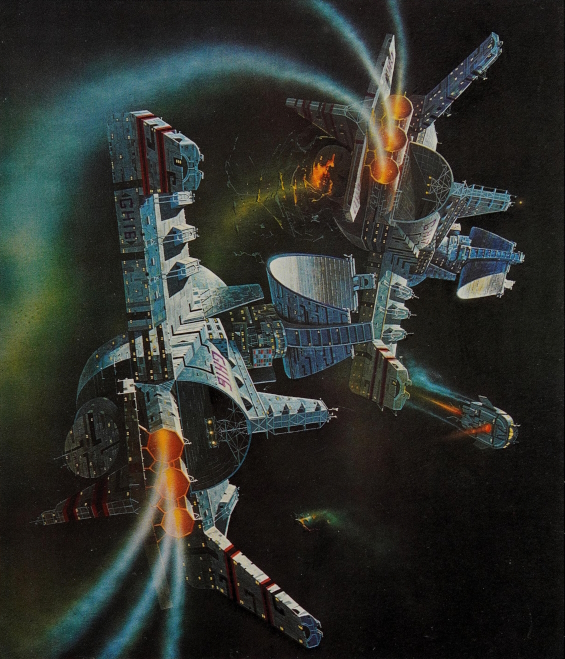



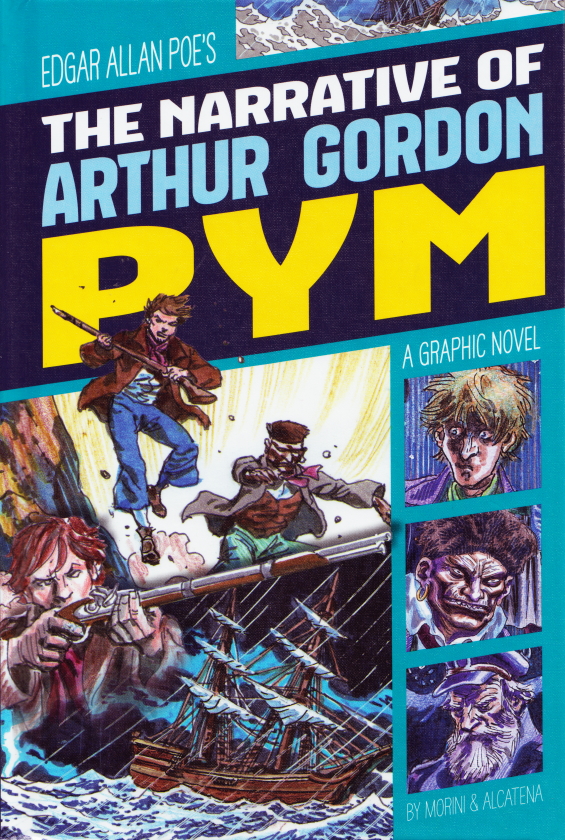

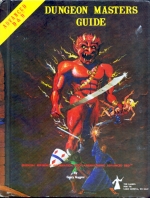
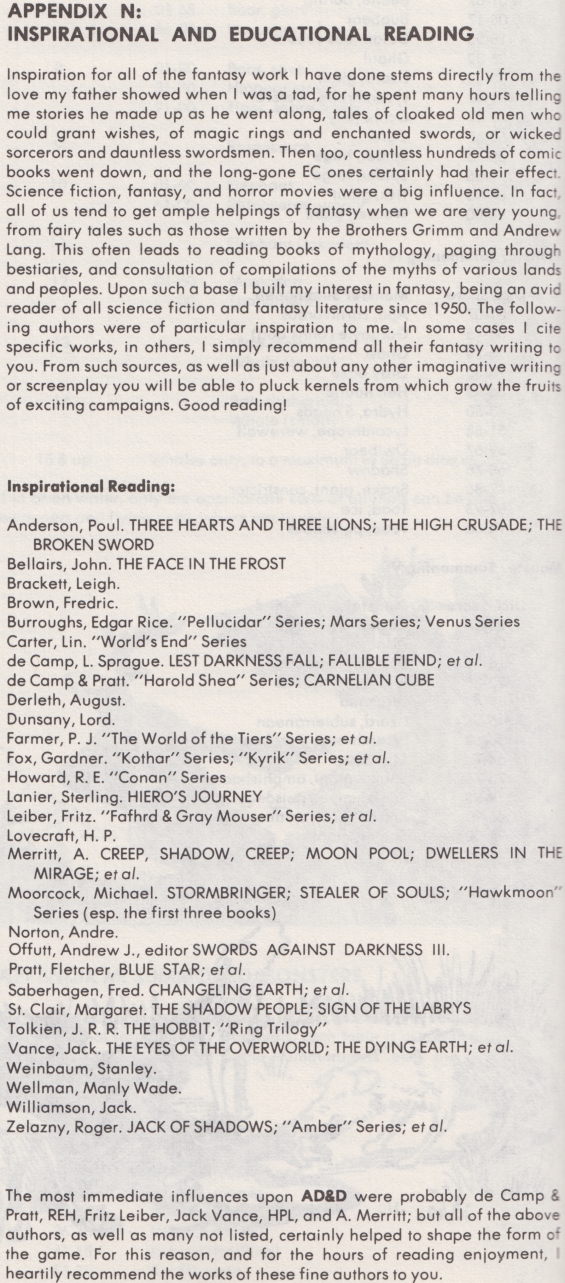

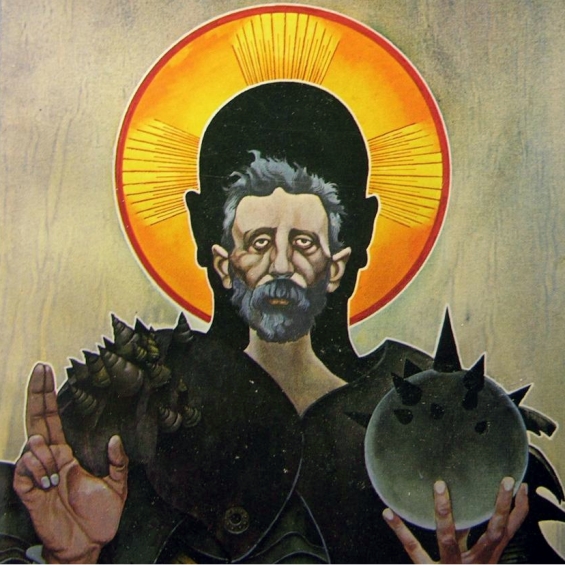
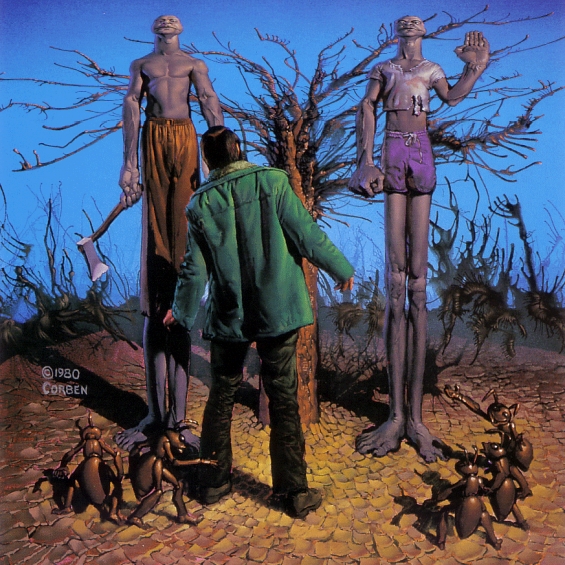
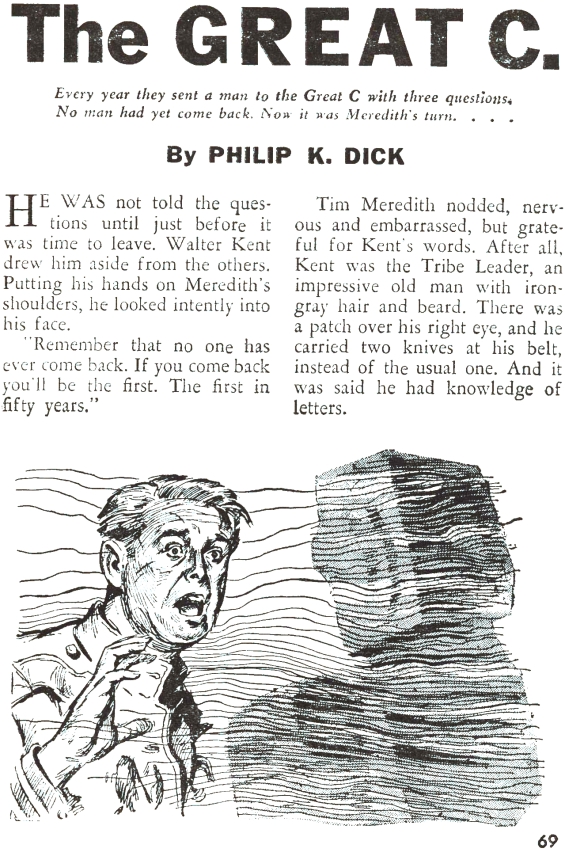
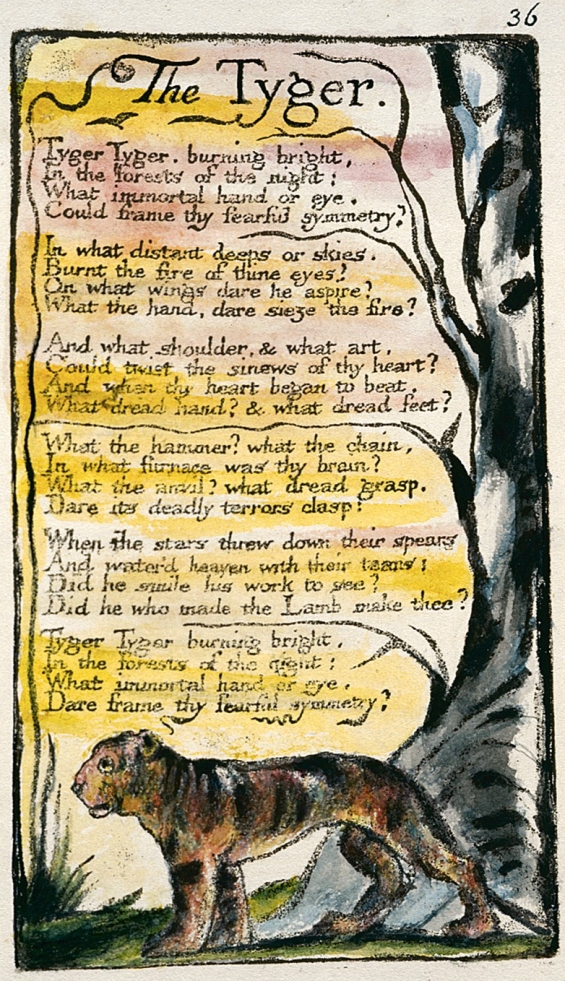


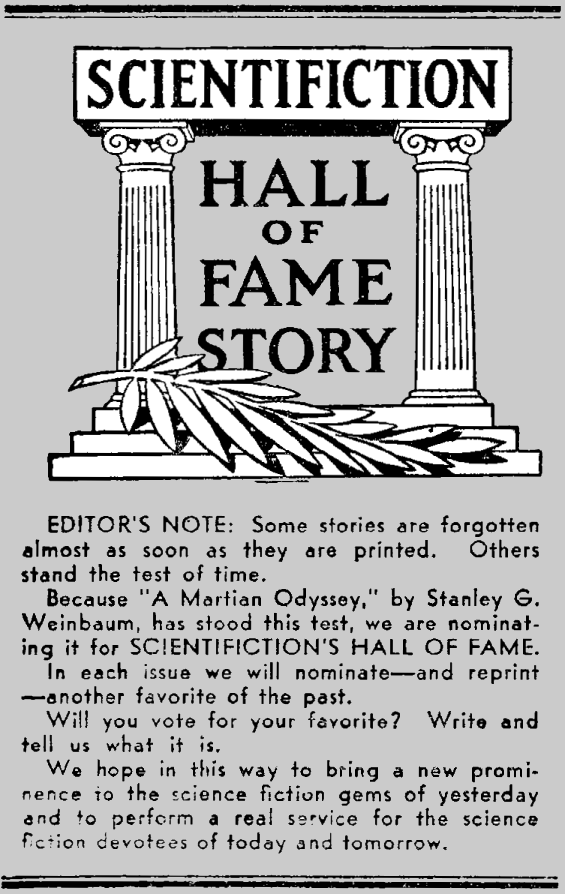
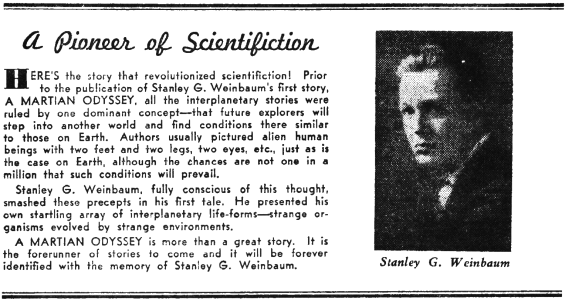
 A Martian Odyssey
A Martian Odyssey